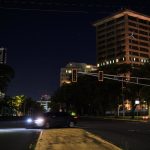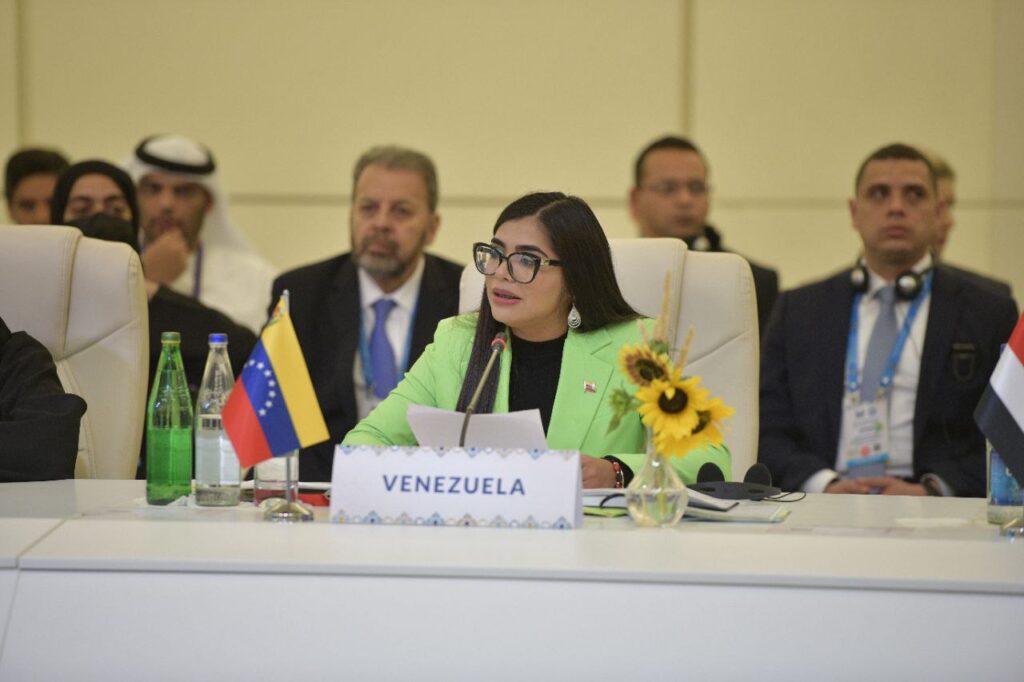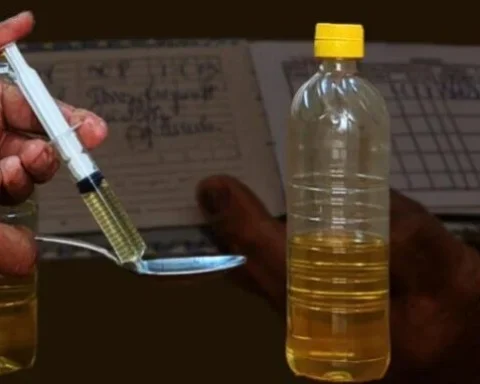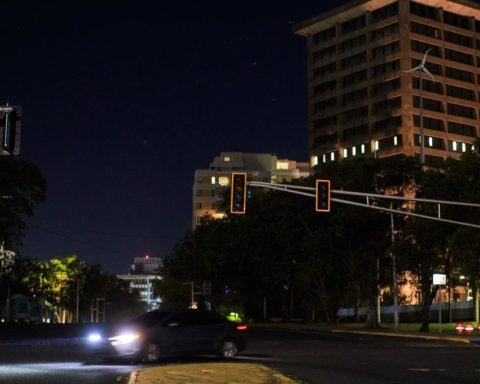It is almost a mockery of fate that his day of glory in football occurred during a defeat (by 2-0) of the team he was part of.
It was January 13, 1966, when a team from the Tucuman Federation played a friendly at home with none other than Pelé’s Santos. And he, Juan de la Cruz Kairuz, 20 years old, until then an unknown defender, stood out for relentlessly marking “O Rei”, to the point of canceling it. The guy seemed enlightened. In the stands, his last name roared every time he “cut” an advance of the most skilled player on the planet, while the commentators choked with praise for him.
In the stadium box, the still young Carlos Pedro Blaquier applauded him furiously. That subject was dating Nelly Arrieta Wolmann, daughter of Emilio Arrieta, none other than the main shareholder of Ingenio Ledesma, the most prosperous in Jujuy. And he knew that his future father-in-law had big corporate plans for his person. But that Thursday he didn’t think about it. On the contrary, abducted by the wave of euphoria generated by Kairuz’s performance with the ball, he went to greet him in the locker room. And he extended his business card to her.
-You have a great future. When you’re in Jujuy, come see me –was her farewell.
Blaquier was not wrong. The truth is that game would be Kairuz’s ticket to the national league.
Five and a half months later, Lieutenant General Juan Carlos Onganía overthrew the constitutional president Arturo Illia. One of his first measures was to close by decree all the sugar mills in Tucumán. And Ledesma suddenly became –never better said that word– the national sugar monopoly.
Blaquier, already united in the holy sacrament of matrimony with Dona Nelly, took a chair in his directory. After two and a half years, the father-in-law put in his hands the absolute control of the company. from that moment he became one of the most powerful tycoons in the country.
But when his obligations allowed him, he scrutinized the exploits of his admired player in the newspapers. Kairuz’s career continued to rise.
An all-terrain marker

Just two months before the match with Santos, He made his debut at the Metropolitan with the Atlanta jacket. There he knew how to stand out as a skilled left back, in a squad made up of Carlos Timoteo Griguol, Héctor Lazzarini, “Perico” Raimondo, Carlos Biasutto and Juan Carlos Puntorero, among others. Kairuz was on top. In fact, an article from April 4, 1967 in the newspaper “Crónica” describes him as “a marker with a commendable offensive tendency, bold in attack, like Díaz or Marzolini”. Of course, he would be a notable marker on other kinds of courts as well. But let’s continue with football.
In 1968 he moved from the Villa Crespo club to Newell’s, along with Puntorero, in exchange for 18 million pesos, a record price at that time. He was worth them, and he was on his way to becoming an idol. So much so that the magazine “El Grafico”, in its second issue of that year, published a huge poster with his crouching picture, wearing the “lepers” shirt. Life kept smiling at him. However, in that team his performance was more discreet, although he continued to garner praise. For example, the newspaper “Clarín” ponders – on August 8 “his offensive versatility to cross the field of play, thus putting the rival goal in trouble.”
But a serious knee injury left him out of the team for several weeks. Upon his return, he was no longer the same. In reality, he never recovered from that anatomical macula. So he was added to the squad. San Martín de Tucumán and hung up his boots, at the end of 1975, after a forgettable season in Gimnasia y Esgrima de Jujuy.
Life no longer smiled on him: to the depression typical of retirement was added a precarious economic situation. It was at that precise moment that the phrase that Don Blaquier had said to him nine years ago came to mind: “When you’re in Jujuy, come see me.”
Said and done. From his encounter with him a conchabo came out: technical director of Atlético Ledesma, the sports club of the sugar empire based in the small town of Libertador General San Martín. It also provided him with a comfortable home in the immense Ingenio estate.

It was there that Kairuz also hit it off with another Blaquier protégé: Lieutenant Colonel José Bardaro, who had just been appointed none other than Jujuy Police Chief. That link was favored by the military’s fanaticism for soccer.
Then came the fateful March 24, 1976.
During the early hours of that Wednesday, the person who until then had been the mayor of Libertador General San Martín, Luis Aredez, was kidnapped. The operation was carried out by a military gang who was traveling aboard a van from Ingenio Ledesma.
Between July 20 and 27, 1976, the electricity supply in the city was cut off, while police, gendarmes, soldiers and company foremen proceeded to raid and loot all the houses. In company vehicles, 500 workers, students and professionals were taken to the warehouses of the Ingenio, where they remained tied up and hooded for three months, amid interrogations and torture. Only a few regained their freedom; the rest ended up in barracks and jails. About 30 are missingamong them, the trade unionist Avelino Bazán. That episode went down in history as “The Night of the Blackout.”
Aredez, meanwhile, was still captive in the dungeons of the dictatorship. He was only released on May 5, 1977. But nine days later he fell back into the clutches of the repressors. This time forever.
Exactly a month after celebrating a mass in his memory, A police gang broke into his home.
Ricardo Aredes, then 16 years old, is the youngest of the three children that that doctor had with Olga –the founder of the Mothers of Plaza de Mayo in Jujuy–, and has vivid memories of that episode:
“When we had just got home, the doorbell rang. I answered and they threw the door behind me. Soldiers entered in large numbers in uniform and with machine guns they were commanded by Kairuz, who at that time was coach of Atlético Ledesma. I was left with the image of him because at every moment he was interviewed in the newspapers. And when he walked in at gunpoint, he took a bunch of stuff. He was in civilian clothes. And he gave the orders.” Such was his account during an interview conducted in 2005 by the “Página / 12” journalist, Gustavo Veiga.
Now it is also known that Kairuz participated in “The Night of the Blackout”in addition to his usual presence in the clandestine detention center (CCD) that operated in the Jujuy Police Headquarters.
Beneficiary of the impunity conferred on him by the laws of “due obedience” and “full stop”, already in 2001 he slipped in a sweetened way, during an interview for “El Grafico” conducted by Pablo Llonto, his passage through the repressive apparatus of the last dictatorship: “The Jujuy Police Chief (Bardaro) was a soccer fan and he offered me the position. It can be said that I was, what is said today, a favored one, a gnocchi”.
Kairuz’s fear of the penalty kick
At that time he continued to alternate his work as a henchman with the technical direction of Atlético Ledesma. Later, without Justice still reaching him, he had identical functions in several clubs: Antoniana Youth, North Central –from Salta– and San Martín de Tucumán. He only retired from soccer activity at the end of 2004, when he directed the squad of Atlético Policial de Catamarca. There, of course, he felt at ease.
Already then the past began to haunt him. And in such a vicissitude, his principal, Don Blaquier, could not give him a hand.
He himself had his problems, which –it is fair to admit it– he knew how to deal with skillfully and with the opportune help of his friends.
The truth is the “Sugar Czar” is a multiple man. In some bookstores you can still find his essay works; Among these, “The Greek Miracle” stands out. In the pages of it he turns his lucid gaze on the Hellenic world, highlighting that this civilization was erected in “the great convenience of limiting the number of citizens”, and supports that position with a very useful piece of information for contemporary societies: “In ancient Greece, state slaves fulfilled surveillance and police functions”. It is possible that he was thinking of none other than Kairuz.
But fate was uneven with them.

For crimes against humanity in Jujuy, in 2012, 23 police and military personnel were prosecuted (including Kairuz), in addition to Blaquier and a former manager, Alberto Lemos. That made this plot an emblem of civilian complicity in genocide. But three years later, room IV of the Chamber of Cassation, made up of Gustavo Hornos, Juan Carlos Gemignani and Eduardo Riggi, knew how to benefit these two with “lack of merit”, the decision being appealed by the organization HIJOS.
Since then, the matter has remained stalled. Until, in July of last year, four members of the Supreme Court rejected the Cassation ruling, except for Carlos Rosenkrantz who – instead of withdrawing – did not hesitate to vote in dissent. And for this he had a powerful reason: his friendly bond with the Blaquier family. So the file then returned to the Cassation Room IV for a new ruling. For now, the federal prosecutor Javier de Luca requested on June 29 that the ruling that left Blaquier out of the oral trial for crimes against humanity in Jujuy be revoked. Chambermaids may ignore the request, on the grounds of the defendant’s advanced age (94 years). That’s the way things are.
For his part, Kairuz does not have it easy, given that, in the mega-case for the crimes committed in the Ledesma Sugar Mill –already in the pleadings stage– prosecutor Federico Zurueta has just requested seven years in prison for him.
At 77 years old, in stoppage time, the “scoreboard” fell at night.


















